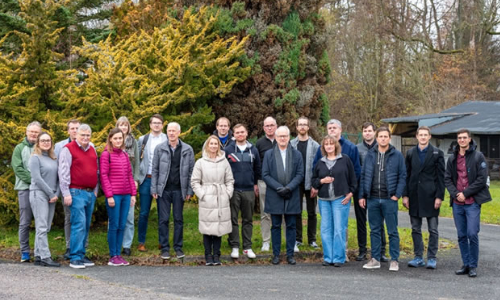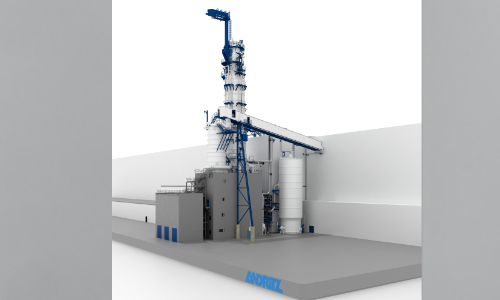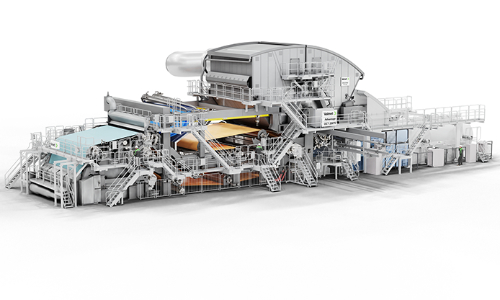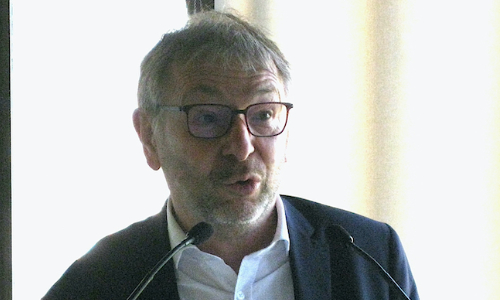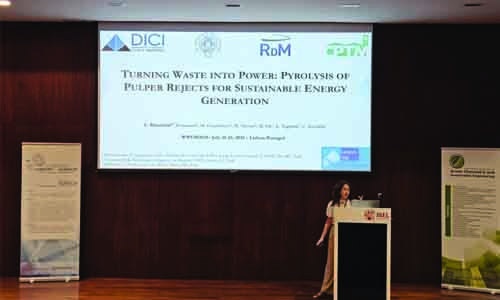
RDM Group, University of Pisa and CPTM, Consorzio Polo Tecnologia Magona, worked together on a research project for the use of pulper waste in paper mills, aimed at the production of thermal/electric energy for self-consumption. The research’s outcome was presented at the end of July in Lisbon, at the ‘Water, Waste and Energy Management’ Congress (WWEM-24).
From 24 to 26 July, the ‘Water, Waste and Energy Management’ (WWEM-24) Congress, reaching its seventh edition, was held in the Portuguese capital city. It was jointly organised by researchers from several scientific areas, including the University of Cassino and the Universities of Granada and Barcelona.
The event has the objective of creating an international forum for academics, researchers and scientists from worldwide to discuss worldwide results and proposals regarding the soundest issues related to Water, Waste and Energy Management. https://wastewater-europe.eu/
Development of pulper waste recovery process
The first stage of the research included the assessment of the potential of pulper waste in relation to the process’s technical feasibility and economic and environmental sustainability.
CPTM developed a pyrolysis process to generate fuels (liquid and gas) and/or power from mechanically non-recyclable waste plastic materials.
Pyrolysis is a chemical process consisting of the decomposition of a complex substance through heat treatment, which is mainly used in industrial processing and energy recovered disposal of municipal solid waste.
Upon completion of the analysis, preliminary assessments of operating and investment costs were made, as well as a carbon dioxide emission assessment associated with the process, and the process was tested for compliance with the European Renewable Energy Directive (RED II).
The research showed both technical and economic feasibility for pulper waste treatment: the resulting fuel products are also subject to the RED Directive as renewable fuels.





